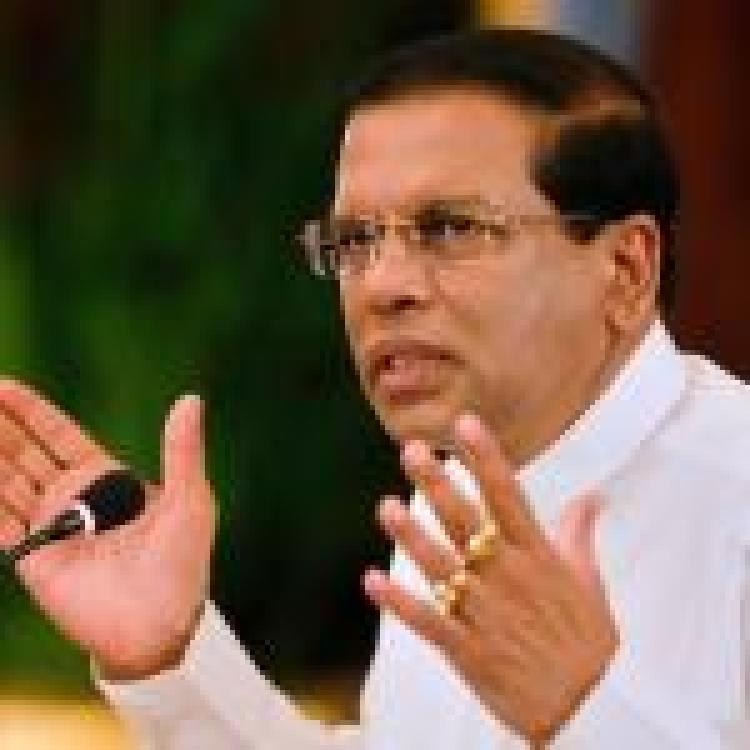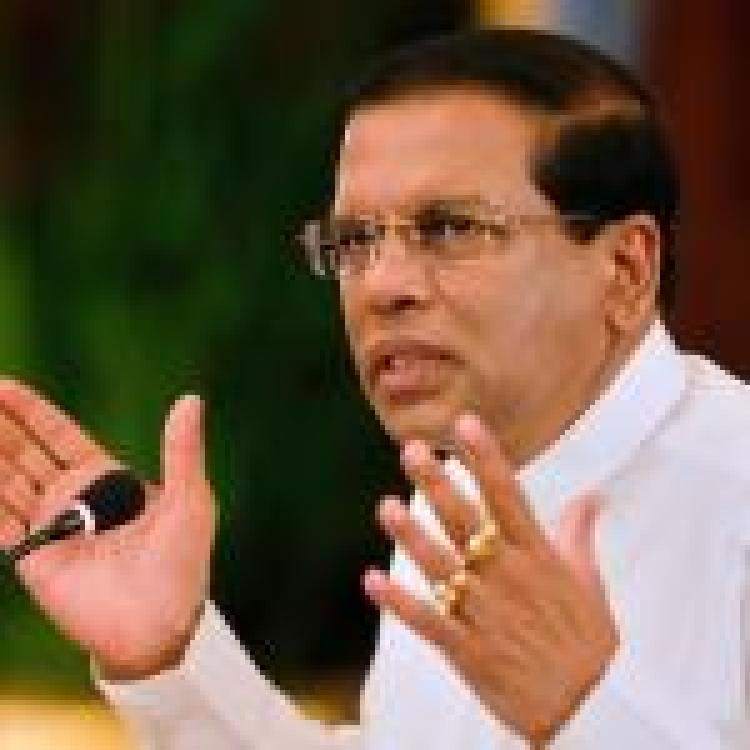![]()
The Presidential Commission of Inquiry (PCOI) revealed that former Sri Lankan President Maithripala Sirisena received several a call from State Intelligence Service Director Nilantha Jayawardena warning him that an attack was imminent, just minutes before bombs ripped through churches and hotels on the island, killing hundreds.
The PCOI revealed that Sirisena received a 63-second call in which Jayawardena had contacted Sirisena’s security official just 43 minutes before the attacks of 21 April 2019.
Jayawardena had allegedly contacted Sirisena on multiple occasions to warn him of the foreign intelligence report anticipating the attacks, after it was originally received on 4 April 2019.
Although Sirisena maintained when testifying that he did not receive a call from Jayawardena about the attack until after the explosions, the PCOI stated that this is untrue. Telecommunication analysis carried out by the PCOI revealed that although Sirisena was hospitalized in Singapore during the attack, he was contacted by Jayawardena on several occasions prior to his departure to Singapore.
“There is a time difference between Singapore and Sri Lanka,” Sirisena claimed. “I do not recall receiving a phone call in the morning, since I was hospitalized in Singapore at the time."
Sirisena stated that no security personnel were permitted to be close to him whilst in hospital on the day of the attack, implying that he could not have known about such a call.
Sirisena has previously claimed that he had not received prior warning of the attack and could not be held responsible.
According to a Sri Lankan parliamentary select committee report, the country’s security forces were given intelligence that showed that an attack was due to take place on Easter Sunday but may have permitted it to ‘create chaos and instil fear’ ahead of presidential elections. That election led to the victory of Rajapaksa who claimed the previous regime ‘diluted’ intelligence services, which he has since pledged to strengthen.
Sirisena has since gone on to claim the attack was planned to disrupt his heavy-handed war on drugs.


